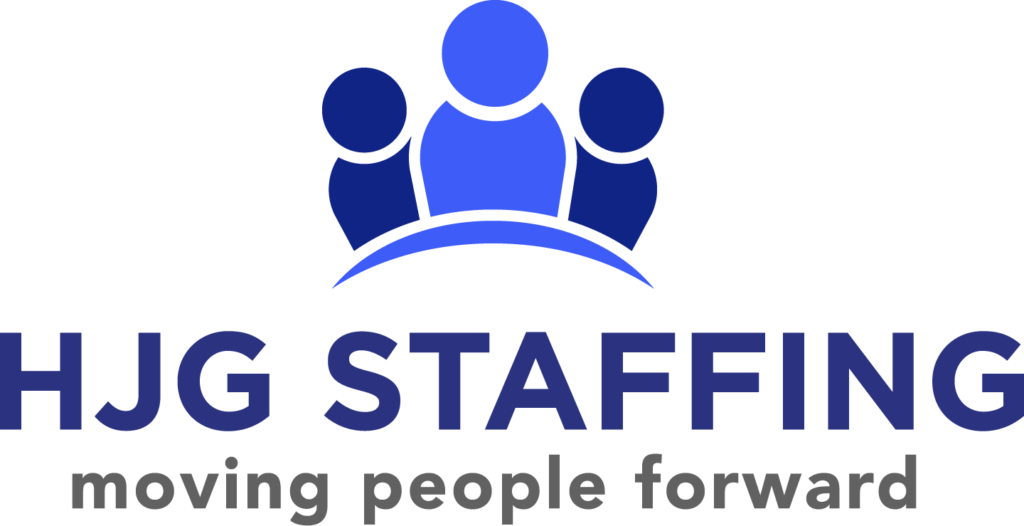The process of applying to new jobs can be overwhelming and time consuming. Creating the ideal resume can also take effort and commitment. When it comes to adding something extra like a cover letter, it can feel like added stress and work to an already tense situation. This brings up frequently asked questions: Are cover letters necessary? Do those of us applying for jobs have to submit a cover letter alongside our resume? Today we explore different scenarios and the accompanying solutions.

Scenario #1: The company specifically asks for a cover letter:
In this instance, as tedious as it may be, it’s best to submit a cover letter. Some companies want to get an idea of your personality, work ethic and previous employment history. The good news is this: once you write your cover letter, you can use the same template for every job that requires one. However, depending on the type of job you apply for, it’s good to tweak the letter to correspond with the position. Using keywords from the posted job description is another fantastic way for your cover letter and resume to be noticed. Many companies use software that sifts through resumes and cover letters, selecting those that utilized words found in the job description.
If you are in the process of applying for jobs, writing a cover letter is a good idea if a company does ask for one. Writing your cover letter before applying for jobs can make the process feel a bit easier, and it is one less thing to worry about when applying for positions.

Scenario #2: There is no requirement for a cover letter but an option to submit: Technically speaking, the choice is yours. If you have already created a cover letter, there is no harm in sending one. When the bulk of your cover letter is written, altering it to coincide with the specific position will take less time and energy. This is the beauty of having a premade cover letter on hand. Often, the overwhelm of having to write a cover letter can be debilitating or even cause us to avoid applying for certain jobs.
This why at HJG Staffing, we are big fans of “eating the frog.” Eating the frog simply means completing the most tedious, annoying, or frustrating task before starting any other tasks. If creating a cover letter feels like a nightmare for you, try eating the frog. It’s bound to make the rest of your tasks feel easier, and it even gives you a nice confidence boost once completed. This way, when you are applying for jobs, the weight and stress of submitting a cover letter is diminished

Scenario #3: No cover letter is required: In this instance, you can send your cover letter, but it may not serve a purpose. Some companies strictly view resumes and won’t look at your cover letter. In this instance, be sure your resume is up to date with your current role(s) and skillsets. You can also place keywords from the job description in your resume as well.
If you feel passionate about the position, it’s okay to reach out directly to the job poster or manager. This can be accomplished through LinkedIn or email. Many people feel timid and uncomfortable going directly to the source, but this is often the difference between landing an interview and potential job and being overlooked for a position in which you might excel. Zach, a sales manager says, “I always reach out to the job poster whenever applying for a new position. I see it as having nothing to lose but potentially a. great opportunity to gain.”

Frequently, companies receive countless applications, and while you might be best suited and qualified for the job, your resume might get lost in the sea of applicants. Therefore, direct messaging is a way to stand out and show your eagerness and dedication to the role. Ultimately, if they don’t respond or don’t schedule an interview, you are no worse off than when you started.
Across the board, most people agree that applying for jobs is stressful, frustrating, and sometimes defeating. The idea of adding extra work to the process, such as a cover letter, can feel draining and even impossible. However, it doesn’t have to be! There are many templates and online resources to help you write a cover letter. Remember to use keywords from the job description and alter your cover letter as much as needed to match the specific role. If a company requires a letter, it’s best to send one; if it’s an option, the choice is yours. Finally, remember that you are capable and worthy of landing a job, even if it takes time and effort.
Stay tuned next week for our blog post on how to write the perfect cover letter in 2022!



